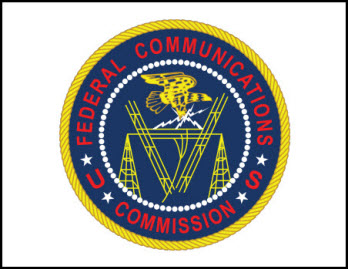Invoking an Inquisition

The smarter way to stay on top of the multichannel video marketplace. Sign up below.
You are now subscribed
Your newsletter sign-up was successful
The following is an edited excerpt from Republican Federal Communications Commission member Michael O’Rielly’s March 22 testimony at a House Energy & Commerce Committee FCC oversight hearing:
When we were here a year ago, the commission had just adopted a deeply divisive item on net neutrality, likely one of the more significant decisions ever made by the FCC. One year later, consumers, providers and the commission can see some of the tangible negative effects previously anticipated from that decision.
More specifically, a major concern at the time was the decision’s impact on innovation and the ability or willingness of providers to deploy new services to meet the needs of consumers. Many of us argued at the time that the end result of that decision would be a need for providers to play an expensive game of “Mother May I?” with the commission to secure tacit or explicit approval of any new offerings going forward. With the agency tacking a maximally vague “general Internet conduct standard” onto the full range of regulatory options under Title II, it was hard to see how it could it be otherwise.
Despite protestations that the order would keep the environment safe for “permissionless innovation,” we are already seeing startling interference by the commission in providers’ decision making. For example, one provider’s new zero-rating offering was seemingly given a green light by the chairman in November, only to have the rug pulled out a month later when the chairman announced that he was “inviting” this provider, along with two others, to meet with commission staff to explain themselves before a deadline set within a few weeks.
Why the change of heart and how is this considered an invitation? According to the chairman, it was not an enforcement proceeding, not an investigation, but merely an information gathering effort.
Along with my colleague, commissioner [Ajit] Pai, I asked that representatives from each commissioner’s office be allowed to attend these meetings. After all, whatever the outcome, it was likely that each of us would receive multiple, possibly conflicting, accounts, and possibly be asked to intervene somehow. Wouldn’t it be better if everyone was at least on the same page about what was said and by whom? Our request was denied by bureau chiefs based on the argument that the chairman’s staff would not be attending either. But since they themselves report to the chairman, this is an empty distinction.
Today, more than three months after a shadow of suspicion was cast over three major broadband providers in the most public way possible, many questions remain about [the] commission[’s] internal procedures on such matters, and no answers are forthcoming.
The smarter way to stay on top of the multichannel video marketplace. Sign up below.
Further, since there is no real proceeding, all of these meetings are being conducted without the benefit of ex parte filings. The targeted providers have no way of knowing who else has been questioned about the effects of their offerings or what was said. It’s not a public proceeding; it’s an inquisition. And it is showing, much more quickly and clearly than even I thought possible, that “permissionless innovation” is far from what the FCC has in mind under this new regime.
